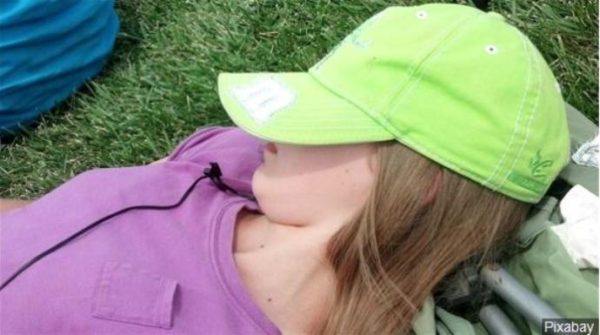
TOPEKA, Kan. (WIBW) – New research shows about half of U.S. kids are not getting enough sleep – and the impact goes way beyond simply being tired and grumpy.

Pixabay / MGN
“Basically, sleep affects everything,” says Dr. Randy Schumacher, a pediatrician at Topeka’s Cotton O’Neil Pediatrics.
A new study presented at the American Academy of Pediatrics National Conference shows most kids aren’t getting enough. Just shy of 50 percent of parents surveyed said their children ages six to 17 got the recommended minimum nine hours of sleep most weeknights.
“If the kids are tired, they’re not going to be engaged, they’re probably a little more depressed, a little bit more anxious because maybe they’re struggling at school,” Schumacher said.
That’s only part of it. Physically, lack of sleep sets you up for sickness.
“The better sleep that you get, the better your immune system works, so the better you are at fighting off the different viruses that are going around the schools,” Schumacher said. “We also know that people who don’t get enough sleep can develop hypertension, heart disease, and other long term issues from chronically not having enough sleep.”
In younger children, sleep helps with brain development. At school age, sleep at night leads to better days in the classroom.
“Kids are better at getting their homework done, they’re more attentive in class,” he said.
Dr. Schumacher says it’s important for parents to establish a consistent bedtime routine for kids.
“They’ll refer to brush, book and bed – just a simple and repeatable (routine) that tells the body it’s time to wind down,” he said.
Also, keep electronics out of the bedroom, and turn off the screens an hour before the heads hit the pillows.
“There’s a certain wavelength of light the electronics give off that tells the brain that it’s still time to be up. It offsets the circadian rhythm and the ability to feel tired,” Schumacher said. “But also if kids are on social media, there’s little dopamine releases they get from posting on social media, or reading things on social media, and dopamine is something that keeps the brain up, too.”
Dr. Schumacher says you also should try to stick to the same bedtime – even on weekends — otherwise, the body spends the first couple days of the week trying to adjust.
Also note, young children, ages three to five, need even more sleep — 10 to 13 hours a night.